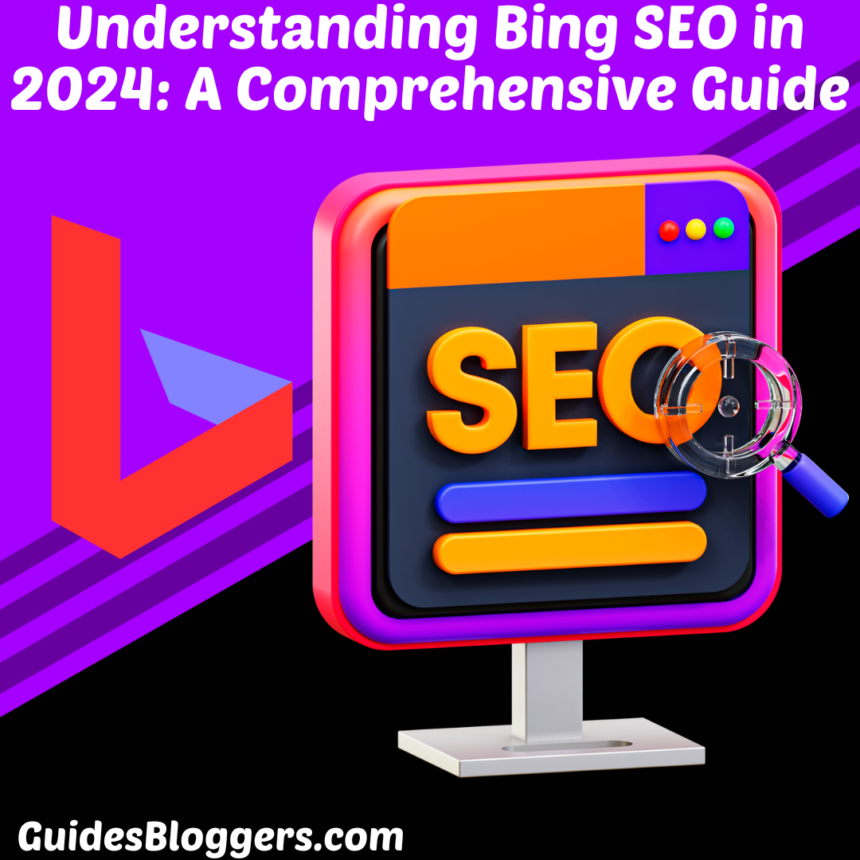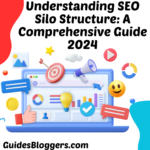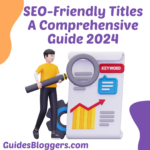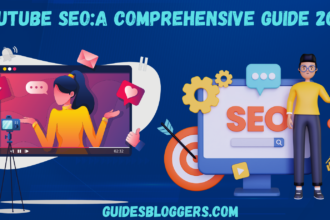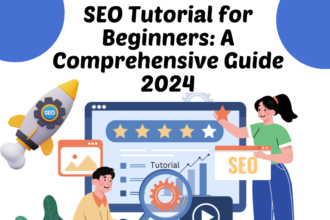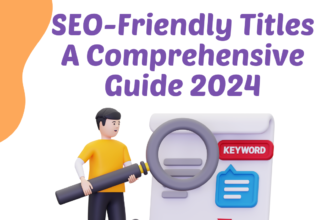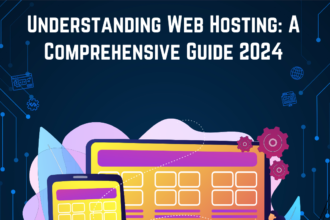Introduction to Bing SEO
As Google continues to dominate the search engine market, Bing, the search engine developed by Microsoft, maintains a significant presence, especially in certain demographics and regions. With an estimated market share of 6% to 8% globally, Bing is the second-largest search engine. Its importance is particularly notable in the United States, where it powers search functionalities on multiple platforms, including Yahoo, DuckDuckGo, and Microsoft’s own devices and services, like Cortana and the Edge browser. Therefore, optimizing for Bing SEO in 2024 is crucial for businesses looking to maximize their online visibility.
Check : YouTube SEO:A Comprehensive Guide 2024
Key Differences Between Bing and Google SEO
Before diving into specific strategies, it’s essential to understand how Bing’s algorithms differ from Google’s:
- Keyword Usage: Bing tends to place more importance on exact match keywords in titles, meta descriptions, and content. Unlike Google, which is increasingly focused on semantic search and understanding the context of a query, Bing still values the traditional approach of keyword optimization.
- Backlinks: While Google values the quality and relevance of backlinks, Bing is more likely to rank sites higher based on the quantity of backlinks. However, relevance and authority remain important, so a balanced approach is necessary.
- Social Media Signals: Bing places more emphasis on social media presence. It considers social signals as a ranking factor, meaning that active engagement on platforms like Facebook, Twitter, and LinkedIn can positively influence your Bing rankings.
- Technical SEO: Bing’s crawlers are less advanced than Google’s. Therefore, ensuring that your website is easily navigable, with clean code and proper XML sitemaps, is even more critical for Bing SEO.
- Local SEO: Bing Places for Business is similar to Google My Business but with some differences in how information is displayed and updated. Bing often pulls data from multiple sources, including Yelp and Facebook, to enhance local search results.
Optimizing Your Website for Bing SEO in 2024
- Keyword Research and Optimization Start by performing keyword research specifically for Bing. Tools like Bing Webmaster Tools, SEMrush, and Ahrefs can help identify keywords that are more popular on Bing than Google. Once you’ve identified these keywords, incorporate them naturally into your content, titles, meta descriptions, headers, and URL structures.
- Exact Match Keywords: Since Bing favors exact match keywords, ensure that your primary keyword is included in the title tag, meta description, and within the first 100 words of your content.
- Keyword Density: While keyword stuffing should be avoided, slightly higher keyword density may benefit your Bing rankings compared to Google.
- On-Page SEO On-page SEO is crucial for Bing. Pay special attention to the following elements:
- Title Tags and Meta Descriptions: Make sure your title tags are descriptive and contain the primary keyword. Bing uses meta descriptions as a ranking factor more than Google, so craft compelling, keyword-rich descriptions.
- Header Tags (H1, H2, H3): Use header tags to structure your content logically. Include primary and secondary keywords in these headers to improve readability and relevance.
- Content Quality: Bing values clear, well-written content. Avoid jargon and focus on delivering concise, informative, and engaging content.
- Images and Alt Text: Optimize images by using descriptive filenames and alt text that includes relevant keywords. Bing’s image search can drive significant traffic, so this is a critical step.
- Backlink Strategy Given Bing’s emphasis on backlinks, developing a robust link-building strategy is essential. Focus on:
- Quantity and Quality: While Bing favors a higher number of backlinks, ensure these links come from reputable, relevant websites.
- Anchor Text: Use exact match anchor text when appropriate, as Bing’s algorithm responds well to this tactic.
- Social Sharing and Inbound Links: Encourage social sharing of your content. The more your content is shared and linked to from social media platforms, the more Bing will perceive your website as authoritative.
- Social Media Integration Bing’s algorithm takes social signals into account, so a strong social media presence can boost your SEO efforts. To maximize this:
- Engagement: Actively engage with your audience on platforms like Facebook, Twitter, LinkedIn, and Instagram.
- Sharing Buttons: Include social sharing buttons on your website to make it easier for visitors to share your content.
- Content Promotion: Regularly promote your content on social media to increase its visibility and attract inbound links.
- Technical SEO for Bing Bing’s crawlers are less sophisticated than Google’s, making technical SEO a crucial aspect of Bing optimization.
- XML Sitemaps: Submit an XML sitemap through Bing Webmaster Tools. Ensure that your sitemap is up-to-date and includes all relevant pages.
- Robots.txt File: Make sure your robots.txt file is properly configured to allow Bing’s crawlers to index your site.
- Site Speed: Bing considers page load times as a ranking factor. Optimize your website’s speed by compressing images, enabling browser caching, and minimizing code.
- Mobile Optimization: With the increasing use of mobile devices, ensure your website is mobile-friendly. Bing’s mobile-first indexing means that mobile-optimized sites are more likely to rank higher in search results.
- Local SEO on Bing For businesses targeting local customers, Bing Places for Business is essential:
- Claim and Optimize Your Listing: Ensure your Bing Places listing is accurate and up-to-date. Include your business name, address, phone number, website, and hours of operation.
- Reviews and Ratings: Encourage customers to leave reviews on Bing Places and other platforms like Yelp. Positive reviews can enhance your local search rankings.
- Local Citations: Ensure your business information is consistent across all online directories, including Yelp, Facebook, and local business directories.
- Content Strategy A solid content strategy is crucial for Bing SEO:
- Evergreen Content: Create evergreen content that remains relevant over time. This type of content continues to attract traffic and inbound links long after its publication.
- Multimedia Content: Bing’s search algorithm favors diverse content types. Incorporate videos, images, infographics, and podcasts into your content strategy to improve engagement and rankings.
- User Experience (UX): Focus on providing a seamless user experience. This includes easy navigation, fast loading times, and responsive design.
Using Bing Webmaster Tools
Bing SEO in 2024 requires a strategic approach that considers Bing’s unique algorithm and ranking factors. By focusing on keyword optimization, on-page SEO, backlinks, social media integration, and technical SEO, you can enhance your visibility on Bing and drive more traffic to your website. Additionally, utilizing Bing Webmaster Tools will help you monitor and improve your site’s performance, ensuring long-term success in Bing search results.
In a landscape where Google often takes the spotlight, optimizing for Bing can provide a competitive edge, especially for businesses targeting specific demographics or regions where Bing is more popular. By following the strategies outlined in this guide, you can effectively leverage Bing’s search engine to reach a broader audience and achieve your digital marketing goals.

